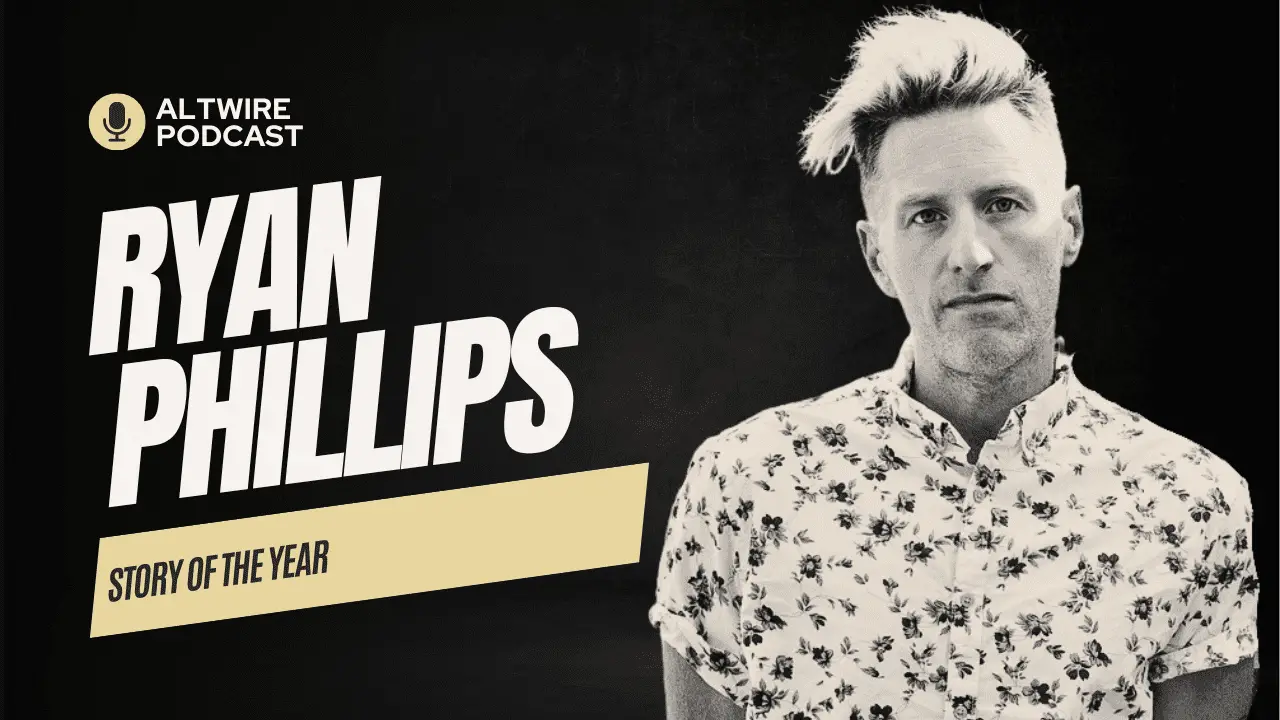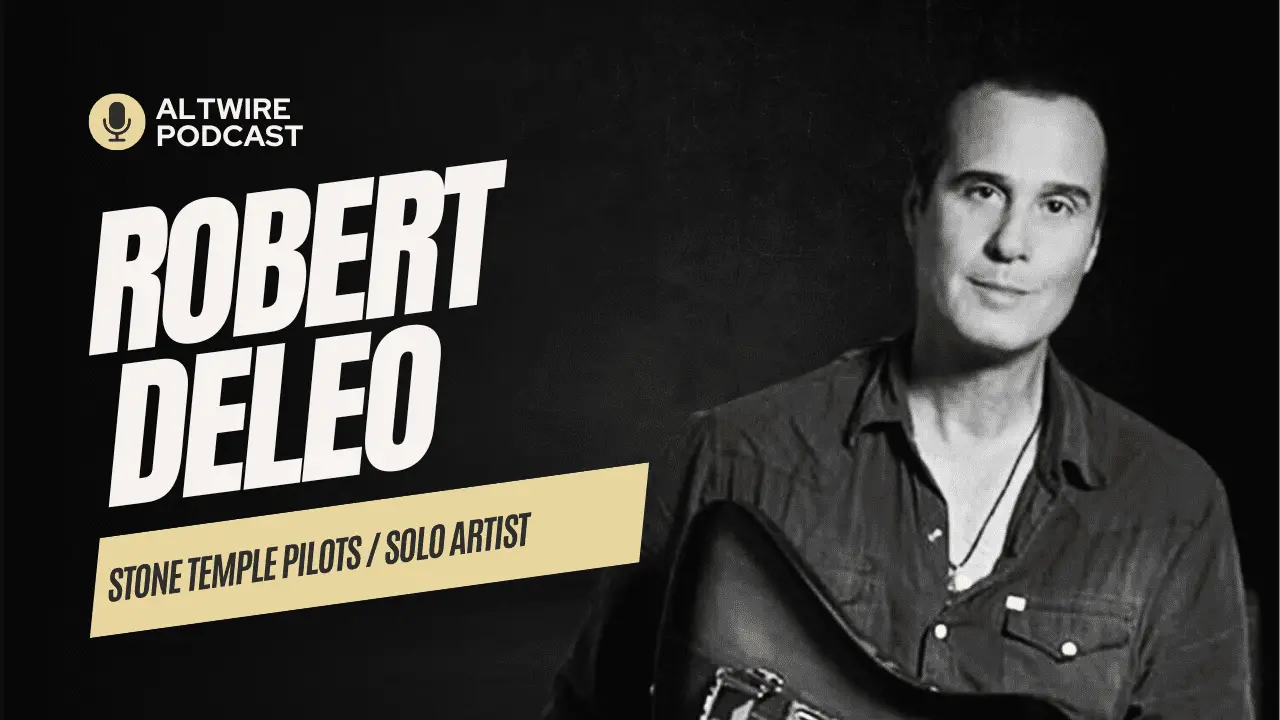Twenty One Pilots had one of the best years in music with “Cara borrosa“. The duo of Tyler Joseph (vocals, piano, ukulele) and Josh Dun (drums) have built their brand around what critics have labeled “schizophrenic pop”, a sound that jumps from genre to genre with little transition.
On paper, the description of Twenty One Pilots’ sound may not seem particularly appealing, but the band’s track record is happy to prove you wrong. Since their fourth album Cara borrosa was released a year ago, the band went from having moderate success in the alt-rock sphere to topping the Billboard 200 and and selling out stadiums across the globe.
Despite what may have seemed like a shocking overnight success, Twenty One Pilots’ rise to the top was no accident. The band signed to Fueled by Ramen in 2012, a pop-punk leaning label that has bred far more superstars than flops (Fall Out Boy, ¡Pánico! At The Disco, fun., Paramore, etc.). Vessel, the band’s first release under FBR, had modest chart performance upon its release, mainly due to the success of lead single “Holding On To You”.
The hype surrounding Buque led to a slew of major festival appearances, including Firefly, Lollapalooza, Bonnaroo, and many others. Twenty One Pilots’ highly memorable live show, complete with the band’s now-trademark ski masks, Dun’s drum surfing, and Joseph’s rafter climbing, meant that no one in the crowd went home without remembering their set.
The band’s biggest break came when they were announced as the opening act for Fall Out Boy’s Salvar el Rock and Roll comeback tour with Panic! At The Disco, which gave Twenty One Pilots access to entire arenas full of the mainstream listeners they had to win over. However, much of the band’s success can also be attributed to their rabid fanbase, otherwise known as the “Skeleton Clique”. It only takes a quick search of “twenty one pilots” on Tumblr and Twitter to get access to tons of posts, fanart, and typical fandom drama that all revolve around the duo.
From the outside, much of the Clique’s actions may seem obsessive and, at times, off putting, but it’s a testament to Twenty One Pilots’ music and message that even a moderate fan is willing to dedicate a decent amount of their time to following them (True Life: a friend and I once stood in line for four hours during a flood just so we could get a barricade spot at our first 21P show).

Album art courtesy of Fueled by Ramen and Reel Bear Media
Perhaps it is this calculated path to mainstream success that initially made Cara borrosa seem slightly inferior in relation to the rest of the band’s catalog. Cara borrosa is, by no means, a bad album, but part of the album’s purpose was to serve as a mainstream crossover. Unlike Twenty One Pilots’ former work, the songs on Cara borrosa had to be more radio-friendly; Joseph seems to take note of this himself on “Lane Boy”, rapping:
“Honest/
There’s a few songs on this record that feel common/
I’m in constant confrontation with what I want and what is popping in the industry”.
Cara borrosa was definitely Twenty One Pilots’ most experimental effort to date, adding in elements of reggae, dubstep, indie pop, and hip hop in ways the band previously hadn’t explored before. Cara borrosa was also successful in producing some immediate gems and fan favorites (see "Heavydirtysoul”, “Tear In My Heart”, “Ride”, “Goner”), but unlike the band’s other three albums, some songs such as “Polarize” y “Hometown” can arguably be categorized as fillers in comparison to the rest of the album.
There seems to be a schism amongst “older” Twenty One Pilots fans that Cara borrosa simply doesn’t hit as hard as Buque did. I remember discussing Cara borrosa's lead single “Fairly Local” with my aforementioned friend upon the song’s release, who resigned to calling the song just “alright”. Musically and, at some points, lyrically, Cara borrosa pales a bit in comparison to it’s predecessor. But the significance of Cara borrosa does not rest solely in the songs.
What makes Cara borrosa so weighty is the concept behind the album. The album’s name stems from a character the band created during the album’s recording. According to Joseph, Blurryface “represents all the things that I as an individual, but also everyone around, are insecure about.” When listening to Cara borrosa, common themes in Twenty One Pilots’ lyrics such as struggles with anxiety (“Stressed Out”, “Message Man”), depression (“Not Today”, “Goner”), and faith (“Doubt”, “The Judge”) are all discussed, but this time the blame for all these struggles can be squarely placed on the idea of Blurryface.
Much of the earlier Twenty One Pilots catalog discusses struggles and fears in a somewhat hopeless fashion, since stresses and triggers are portrayed as coming at Joseph from many unknown sources. On Cara borrosa, all of Joseph’s worries are caused by one entity: Blurryface. Though Joseph still has his struggles, he’s much more hopeful that he will someday be able to rise above these problems…now that he is solely focused on overcoming Blurryface. Many Twenty One Pilots fans who have struggles similar to Joseph’s find comfort in this concept. The concept of Blurryface gives them the strength to battle their own demons in the way that Joseph has.
This leads us to the overwhelming smash hit off of Cara borrosa, “Stressed Out”. The song reached the number 2 spot on the Billboard Hot 100, and topped rock/alternative charts around the globe. The song’s infectious beat and adorably nostalgic music video certainly played roles in the song’s viral success. “Stressed Out” is one of the stranger hits in recent memory.
“Stressed Out” is one of the songs of Cara borrosa that invokes the character directly; on a mainstream radio station, it’s surely odd hearing “My name’s Blurryface and I care what you think” as a song’s hook without any context. In fact, “Stressed Out” was only meant to be the introductory track to the character of Blurryface. It was only after KROQ broke the track and noted a massive wave of listener response that “Stressed Out” became a radio single.
The song’s message about the worries of adult life and a yearning for the carefree days of childhood has clearly resonated deeply with the contemporary American listener. The song’s popularity has been criticized as distinctly Millennial, with everyone from The Atlantic to the New York Post’s perpetually negative Kyle Smith using the song as an excuse to analyze and/or criticize the Millennial mindset. Perhaps this is the case.
When I first got my copy of Cara borrosa last May, I was coasting through my last few weeks of high school. I was trying to enjoy the last few months I would spend in my hometown with my friends and family, while simultaneously fretting over the impending realities of college, student loans, and unbridled independence. “Stressed Out” resonated with me at a time when I needed the song most, but there are millions of other listeners with a million other reasons why the song resonates with them.
While Millennials have their own fun set of generational problems that vibe well with the song’s message, who’s to say an “established” adult from outside the Millennial generation doesn’t want to return to a simpler time when they weren’t stressed out?
When looking back on a year of Cara borrosa, I was reminded of another one of my favorite albums: Green Day’s influential American Idiot. American Idiot was the voice for kids coming of age in a post-9/11 society, with fears of terrorism and endless war abound, and a disillusionment of the standard suburban life ran rampant. Billie Joe Armstrong personified the fears of this time period in the characters: Jesus of Suburbia, St. Jimmy, and Whatsername, whose stories were written into the album. Though American Idiot was mainly targeted towards youth, it’s no secret that the album saw massive success amongst all age groups.
Only time will tell if Cara borrosa will end up being as much of a classic as American Idiot, but the characteristics that made American Idiot so impactful are there. Eleven years after American Idiot, Blurryface speaks to the next wave of kids who grew up in a recession, who are working longer than their parents for less results, who fear they might not be able to provide for their future family the way their parents provided for them.
However, like its comparison, Cara borrosa personifies the issues that the next generation is facing, while also having a universal message that can relate to anyone’s story. Whether or not Twenty One Pilots’ mainstream success will be short-lived or permanent, Cara borrosa has resonated with enough listeners and caused enough conversation to earn it’s rightful place as a cultural icon.
Twenty One Pilots are busy rehearsing for their international Emotional Roadshow arena tour that’s set to take them into early 2017. Reminisce on a year of Blurryface by listening below!







